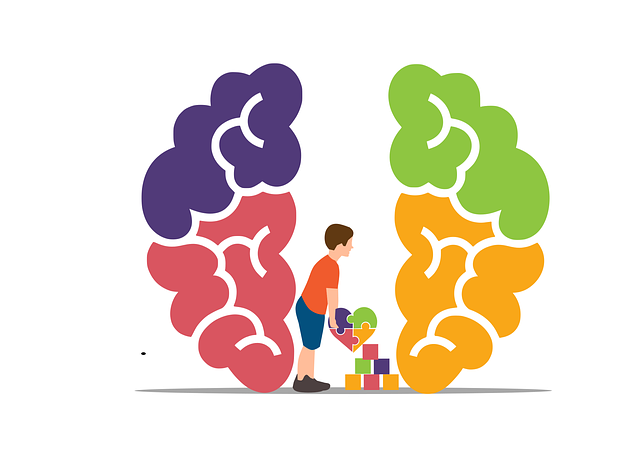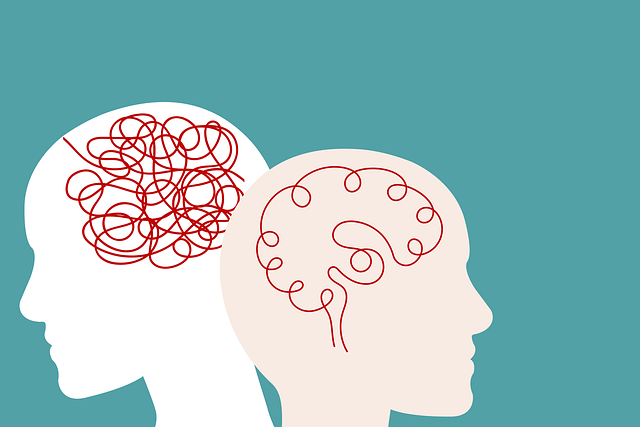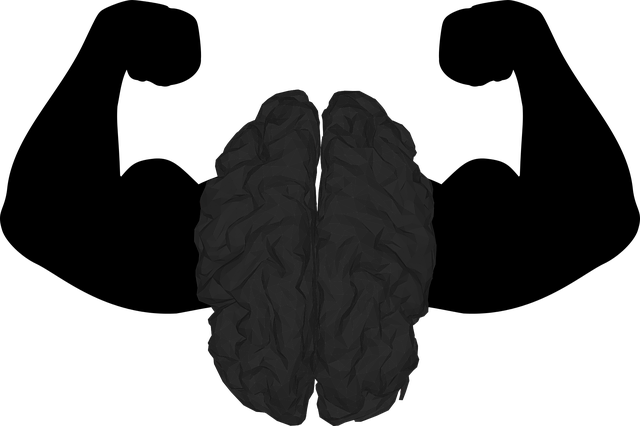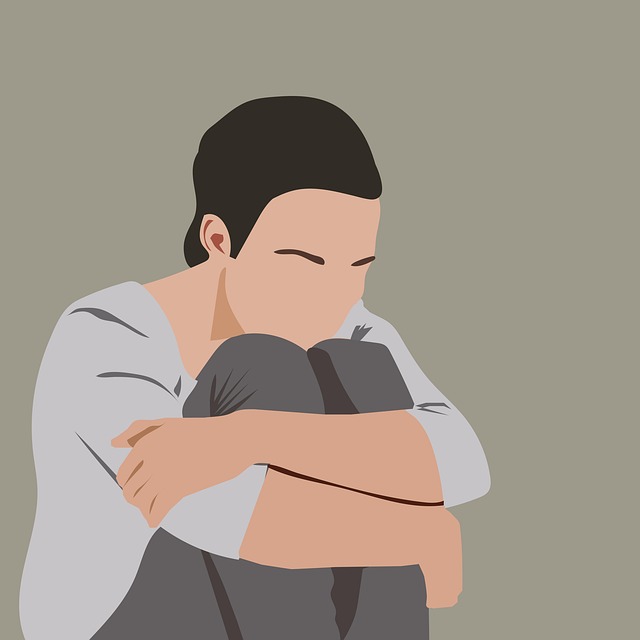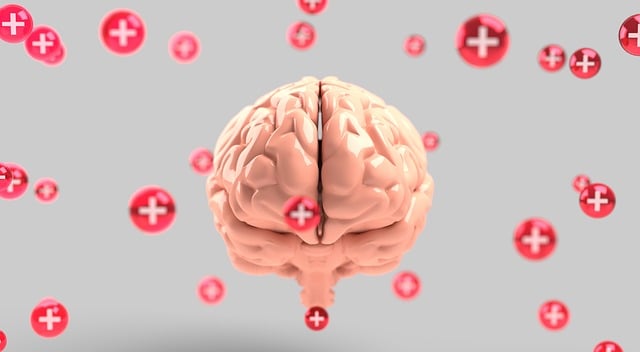Community Outreach Programs, such as Littleton Geriatrics Therapy, are essential for addressing the specific challenges faced by an aging population in cities like Littleton. Tailored initiatives include geriatrics therapy sessions focused on social engagement to combat isolation and improve quality of life, along with caregiver support and public awareness campaigns. Through strategic partnerships with local community centers, schools, and religious groups, these programs offer flexible curriculums, specialized services, and inclusive environments to enhance the well-being of seniors while fostering a sense of community. Measuring success involves evaluating physical and mental health improvements using evidence-based methods, with continuous refinement based on client and healthcare provider feedback.
In the vibrant community of Littleton, implementing effective outreach programs for elderly care is a testament to fostering a healthy, inclusive environment. This article delves into the multifaceted benefits and goals of such initiatives, specifically focusing on geriatric therapy. We explore strategies for designing engaging sessions and successful implementation through community collaboration. By measuring impact and evaluating the success of Littleton Geriatrics Therapy programs, we can revolutionize elderly care, enhancing quality of life for our senior citizens.
- Understanding Community Outreach Programs: Benefits and Goals for Elderly Care in Littleton
- Designing Effective Geriatric Therapy Sessions for Community Engagement
- Strategies for Successful Implementation and Community Collaboration
- Measuring Impact: Evaluating the Success of Littleton Geriatrics Therapy Programs
Understanding Community Outreach Programs: Benefits and Goals for Elderly Care in Littleton

Community Outreach Programs play a pivotal role in enhancing elderly care, particularly in cities like Littleton where an aging population may face unique challenges. These initiatives aim to bridge the gap between healthcare services and the community, ensuring that vulnerable seniors receive necessary support and attention. By implementing well-structured programs, organizations can achieve significant benefits such as improved geriatrics therapy, burnout prevention for caregivers, and enhanced public awareness campaigns development about elderly care issues.
For instance, tailored outreach efforts in Littleton Geriatrics Therapy can focus on self-esteem improvement through social engagement activities, helping to combat the isolation often experienced by the elderly. These programs not only improve the quality of life but also foster a sense of community, encouraging seniors to stay active and connected. Through such initiatives, the overall well-being of the elderly population in Littleton can be significantly enhanced.
Designing Effective Geriatric Therapy Sessions for Community Engagement

In designing effective geriatric therapy sessions for community engagement, it’s crucial to tailor activities that cater to the unique needs and interests of older adults in Littleton Geriatrics Therapy. This involves incorporating elements that foster mental wellness coaching programs development, promote inner strength, and enhance social skills training. Engaging exercises such as group discussions, interactive workshops, or even technology-aided sessions can help combat feelings of isolation and encourage active participation.
The curriculum should be flexible, allowing for personalized experiences while ensuring each session contributes to the overall goal of improving quality of life. By creating a supportive environment that respects individual capabilities and preferences, these therapy programs can effectively connect with community members, fostering meaningful interactions and promoting the well-being of older adults in Littleton.
Strategies for Successful Implementation and Community Collaboration

Implementing community outreach programs requires a strategic approach to foster successful collaboration and engagement. For organizations like Littleton Geriatrics Therapy, building strong partnerships is key. This involves reaching out to local community centers, schools, and religious groups to discuss shared goals and identify areas of mutual benefit. By creating an inclusive environment, they can encourage participation from diverse segments of the population, ensuring a broader reach and impact.
Effective collaboration also includes offering specialized services that address specific needs within the community. For instance, incorporating Burnout Prevention Strategies for Healthcare Providers, Mindfulness Meditation, and Trauma Support Services into outreach programs can attract individuals seeking mental health resources. Tailoring these initiatives to the unique challenges faced by the community fosters trust and encourages long-term partnerships, creating a harmonious and supportive network.
Measuring Impact: Evaluating the Success of Littleton Geriatrics Therapy Programs

Measuring the impact of community outreach programs, such as Littleton Geriatrics Therapy, is essential to evaluating their success and effectiveness in improving the well-being of older adults. This involves a comprehensive assessment of various outcomes associated with the program’s implementation. By utilizing evidence-based methods, healthcare providers can gauge the reach and quality of services offered, ensuring that resources are allocated efficiently to meet the unique needs of the geriatric population.
One key aspect is assessing the direct impact on participants’ physical and mental health. This includes tracking improvements in mobility, cognitive function, and overall quality of life. Additionally, programs focused on stress management and resilience building should measure changes in participants’ emotional well-being, coping strategies, and social engagement. Regular feedback from both clients and healthcare providers involved in the program can offer valuable insights into areas of strength and potential improvements, allowing for continuous refinement to better serve the community.
The implementation of community outreach programs, particularly the Littleton Geriatrics Therapy initiatives, offers a holistic approach to elderly care. By combining therapeutic sessions with community engagement strategies, these programs not only enhance the quality of life for seniors but also foster social connections and promote independence. Through successful collaboration and measurable impact evaluation, Littleton Geriatrics Therapy sets a benchmark for effective geriatric care, ensuring that the needs of the elderly are met within their familiar communities.

